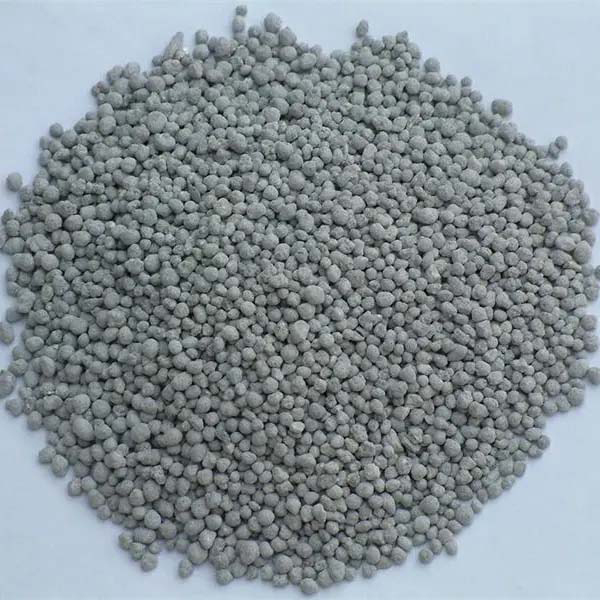Introduce:
In today’s world, where the population is growing and arable land is shrinking, it is imperative to optimize agricultural practices to meet the growing demand for food. One of the key factors in achieving this feat is the efficient use of fertilizers. Among the various fertilizers available, single superphosphate (SSP) has emerged as a reliable and superior choice for increasing agricultural productivity. This blog delves into the benefits and potential of single superphosphate while highlighting its role in sustainable farming practices.
Learn about single superphosphate (SSP):
Single superphosphate is a balanced fertilizer that provides essential nutrients to the soil, especially phosphorus. Phosphorus is an essential nutrient required for plant growth and development and plays a key role in various metabolic processes such as photosynthesis, energy transfer and root development. SSP is a highly water-soluble fertilizer that is easily absorbed by plant roots. Furthermore, it is a relatively cost-effective solution that meets the needs of small-scale farmers worldwide.
Improve nutrient utilization:
The main advantage of single superphosphate is its ability to quickly release phosphorus into the soil. This makes it a highly effective fertilizer, reducing the risk of nutrient loss and maximizing nutrient availability for plants. Unlike some other phosphate fertilizers, superphosphate does not require conversion before it can be effectively used by plants. The immediate availability of phosphorus promotes early root development, resulting in stronger plants and higher crop yields.
Optimizing sustainable agriculture:
Adopting sustainable agricultural practices is critical to maintaining the integrity of ecosystems and ensuring long-term food security. Single superphosphate fully complies with these principles. Its water solubility minimizes potential contamination risks as nutrients are quickly absorbed by plants, reducing runoff and the chance of water contamination. In addition, superphosphate promotes balanced nutrient uptake and reduces the need for excessive nitrogen fertilization, thus mitigating the risk of nitrogen pollution and eutrophication.
Empower smallholder farmers:
The affordability and accessibility of single superphosphate make it an indispensable tool for small-scale farmers, especially in developing countries. These farmers face many challenges, including limited financial resources, lack of arable land, and limited access to advanced agricultural technologies. SSP bridges this gap, providing an economical fertilizer option that effectively replenishes soil nutrients, improving crop yields and livelihoods of small-scale farming communities.
In conclusion:
In the pursuit of sustainable agriculture, single superphosphate is a reliable and effective solution. Its rapid release of phosphorus helps improve nutrient utilization, promotes healthy plant growth, and maximizes crop yields. SSP’s ability to optimize nutrient uptake and minimize environmental risks highlights its important role in sustainable agricultural practices. Furthermore, by empowering small-scale farmers, SSP fosters self-sufficiency and socio-economic stability within the global farming community. As we continue to address global food security issues, single superphosphate becomes a valuable ally on the agricultural path to a prosperous future.
Post time: Nov-27-2023

